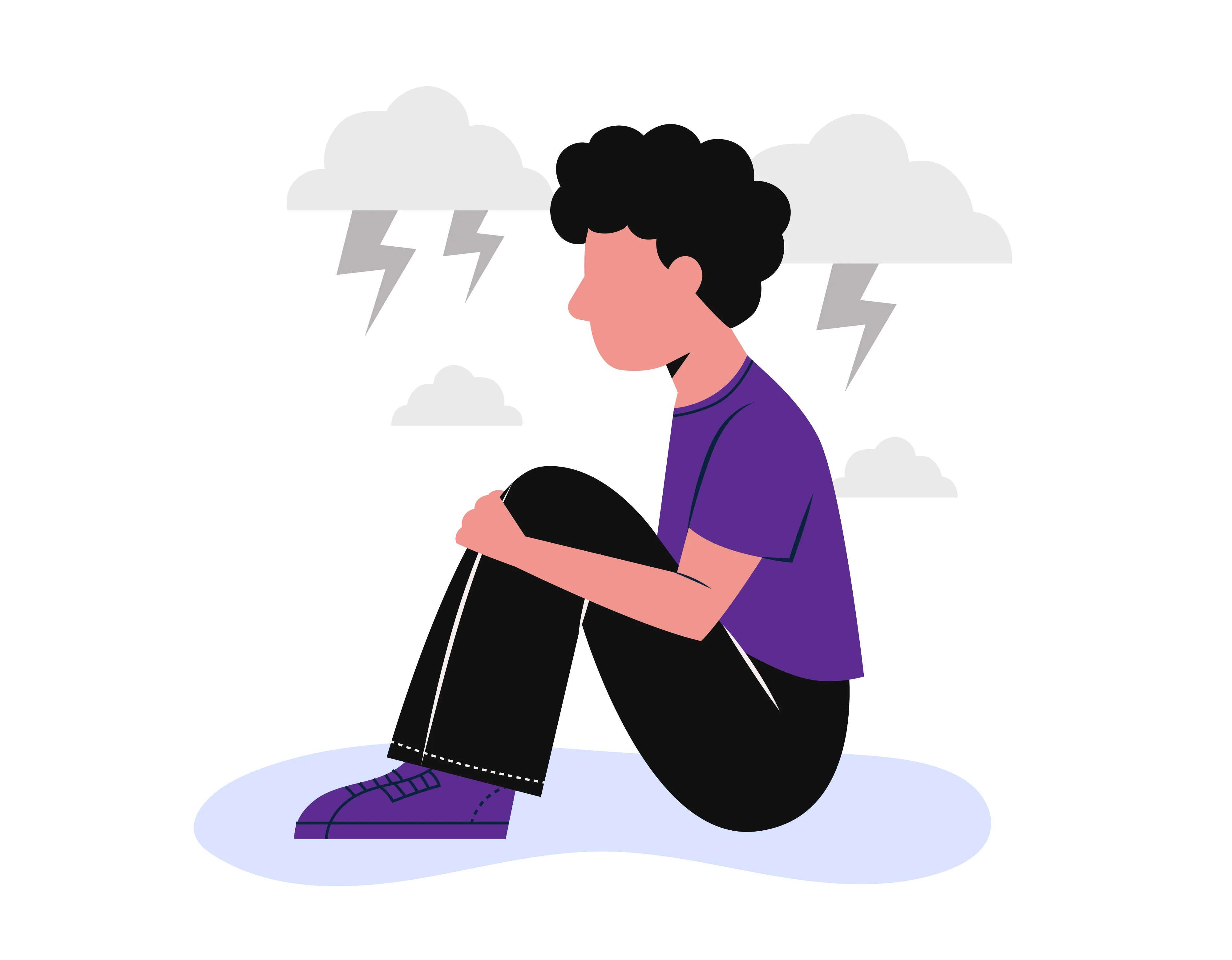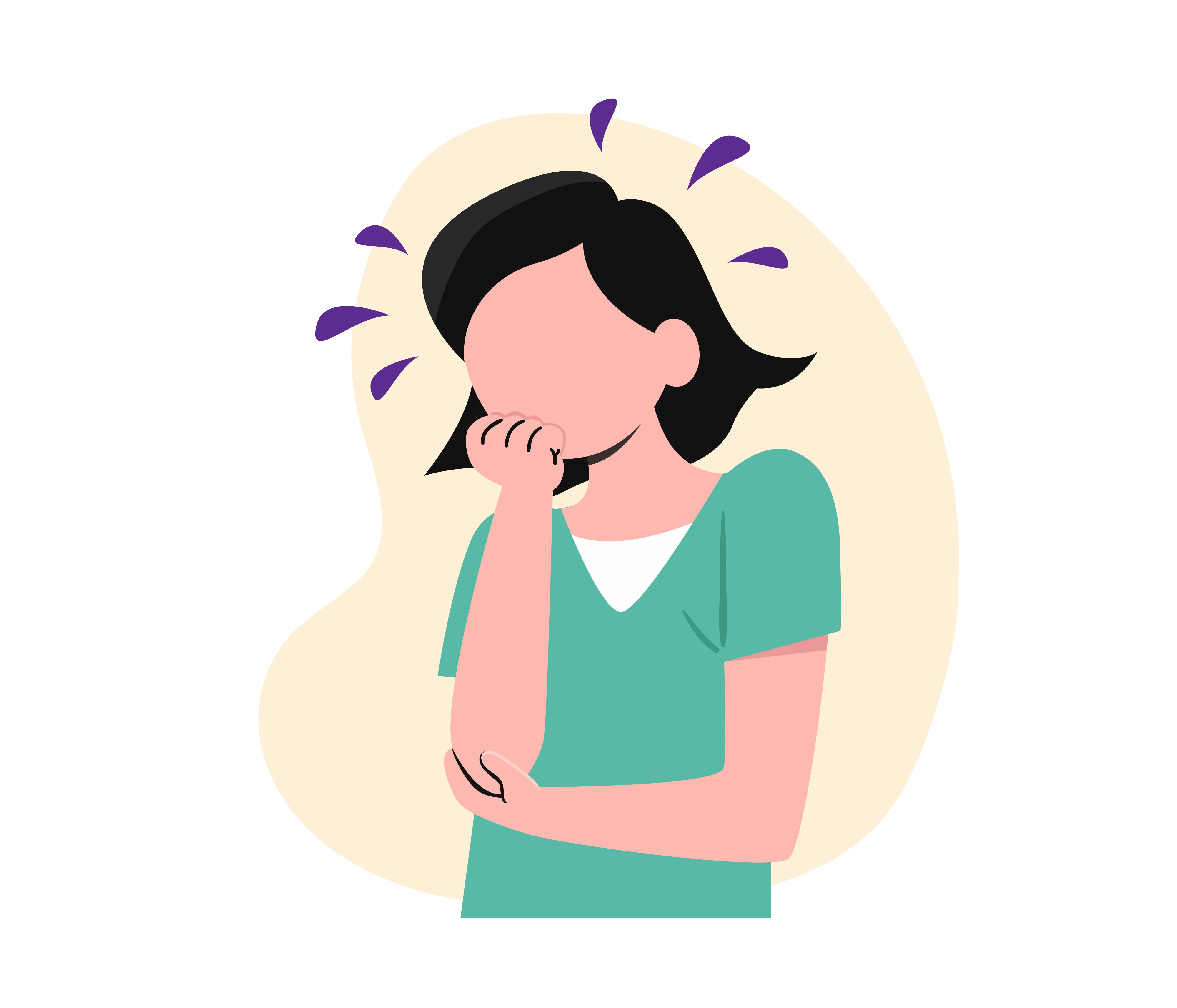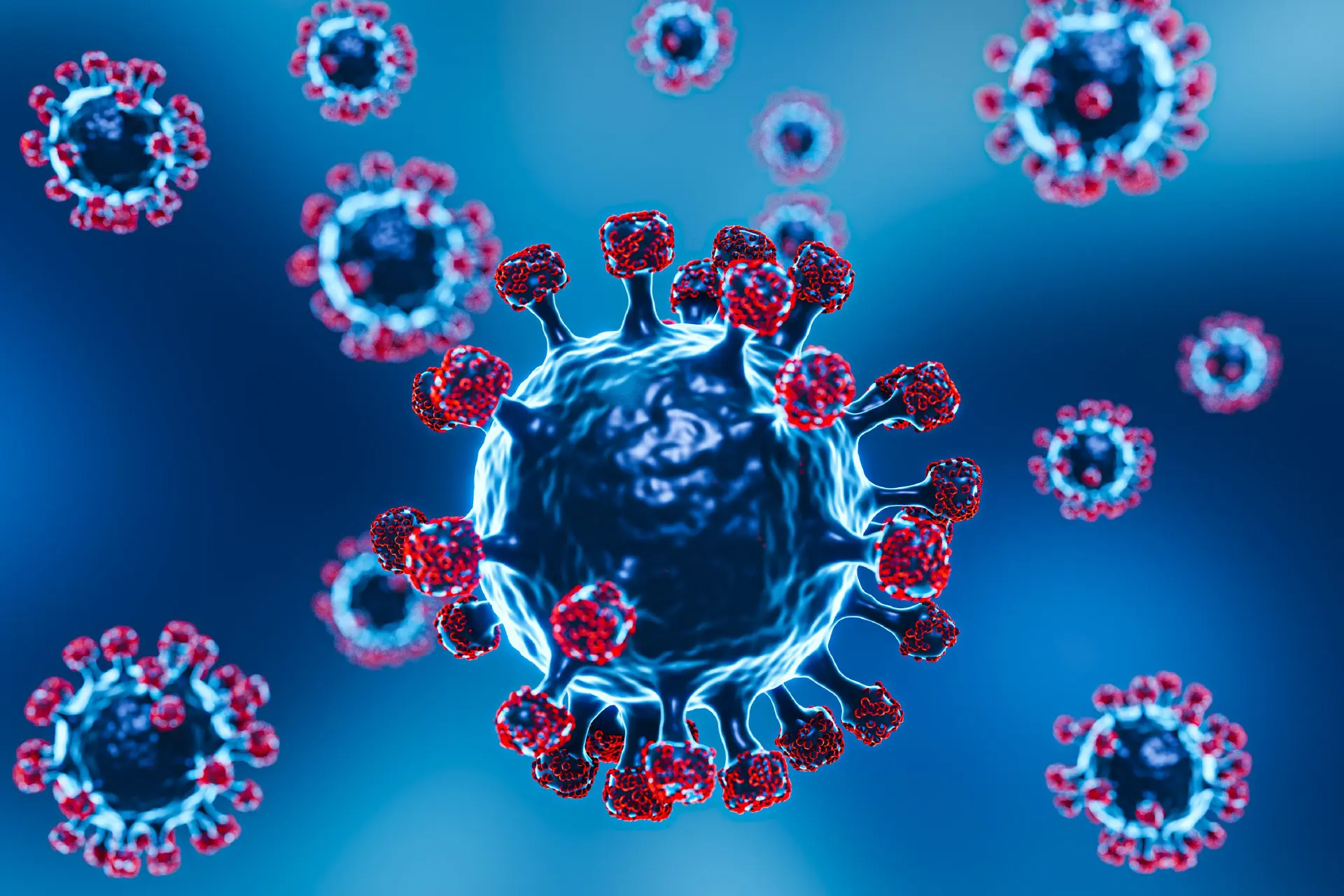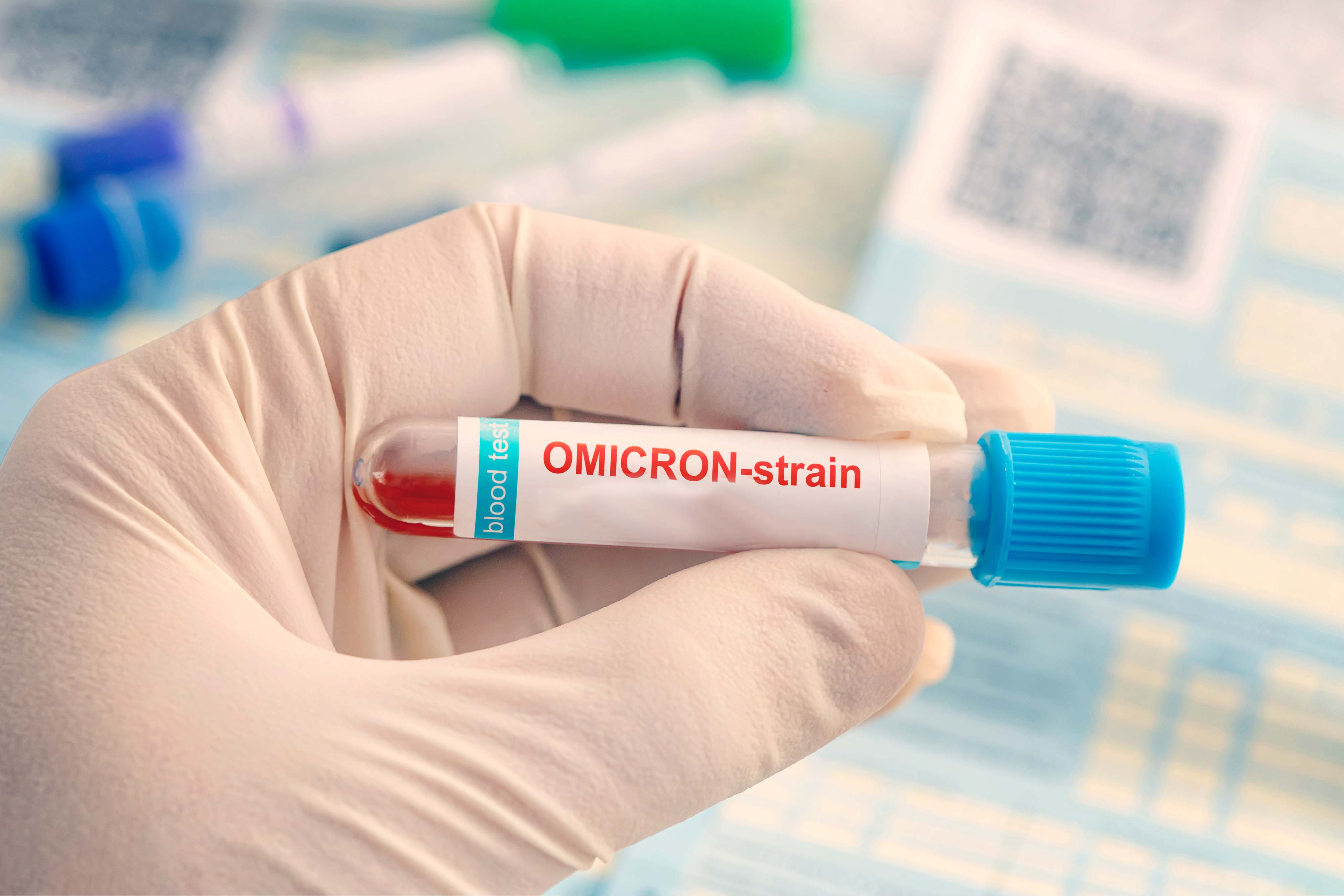Covid | 4 min read
How to Manage Post-Covid Anxiety: When to Enlist Support and Other Helpful Tips
Medically reviewed by
Table of Content
Key Takeaways
- Experiencing mood swings is a sign of mental health issues like anxiety
- Anxiety is among the most common post-COVID health complications
- Relaxation techniques like deep breathing reduce anxiety after COVID
According to a study published in The Lancet Psychiatry Journal, one in three COVID-19 survivors is diagnosed with psychiatric or neurological conditions within six months of getting infected. The study conducted included more than 2,30,000 people who had recovered from COVID-19. Anxiety disorders, mood disorders, and insomnia were among the most common mental health issues found.
There is no doubt that this pandemic has led to an increase in mental health issues. Moreover, the feelings of stress and anxiety continue to prevail in people who have recovered from the COVID-19 disease. For many, the anxiety doesn’t go away with the symptoms. Thus, it is vital to know how to deal with post-COVID anxiety. Here are some tips to help you manage post-COVID stress disorder and deal with anxiety after COVID.

How to manage post-COVID anxiety
Schedule and resume normal activities
Getting back to normal life is daunting considering the fact that COVID-19 has set the rules for the new normal. However, stressing about it and delaying your commitments make the matters worse. The best way to tackle anxiety is to plan or schedule your daily activities and stick to them. Keeping yourself busy helps reduce the plethora of anxious thoughts. If the anxiety is disturbing your functionality, set a ‘worry time’ and think about stressful things during this time and not all through the day.
Act gradually to cope with post-COVID anxiety
The pile of pending work you need to finish can add to your anxiety after COVID recovery. Do not let it get the better of you or try to do it all. Instead, go easy and be kind to yourself. Prioritize your tasks and don’t forget to take care of your health. Eat healthy, get adequate sleep, and nurture your body. Indulge yourself in the things you love like gardening or reading comics. Set boundaries to improve your mental and emotional health. Spend time with your loved ones or catch up with your vaccinated buddies.

Relax to reduce feelings of stress about COVID
Some people suffer from post-COVID stress disorder, a PTSD that may be a consequence of negative experiences including being isolated in a hospital or at home. The stress about COVID can last for a prolonged time even after recovering from it. To tackle it, pursue relaxation techniques such as breathing exercises, visualization, and mindful meditation. Slow and deep breathing at regular intervals helps deal with post-COVID anxiety and stress .
Additional Read: What is The Importance of Mindfulness Meditation and How To Do It?Be positive so you can better deal with post-COVID anxiety
All the negativity around you can act as fuel to your anxiety. Thus, eliminating negative news and staying away from news channels and social media can help restore mental peace. Instead of binge-watching at night, turn off your smartphone or TV. Go to bed on time and spend quality time with your loved ones. Writing down your thoughts in a diary or blog can also help reduce anxious thoughts.

Implement self-care practices to overcome anxiety
You can reduce post-COVID anxiety by ensuring you follow self-care practices. Take the recommended COVID-19 precautions such as wearing a mask, practicing hygiene, social distancing, and getting vaccinated. Change your lifestyle habits to eating healthily, exercising daily, and getting enough sleep. Make sure to give time to hobbies you love to do too!
Seek help to defeat anxiety after COVID
It is normal to experience mood swings when you face mental health conditions. Thus, taking help from loved ones can aid in faster recovery. Don’t shy away from asking for help and enlist support from your friends and family. Talk to someone you can trust without the fear of being judged. You may also consult a therapist if you are experiencing mood swings or anxiety after COVID.
Additional Read: 7 Important Ways to Take Care of Your Mental HealthExperiencing mental health complications such as stress, depression, and anxiety after COVID is normal. Take care of your health and cope better by making lifestyle changes for the better. However, do not substitute self-care tips with professional help. Seek medical advice in case the complications become too severe to get the proper care. Simplify your worries by booking an appointment with doctors and therapists online on Bajaj Finserv Health. Consult virtually to get answers to all your queries about how to manage post-COVID anxiety and other mental health problems.
References
- https://www.thelancet.com/journals/lanpsy/article/PIIS2215-0366(21)00084-5/fulltext
- https://pubmed.ncbi.nlm.nih.gov/32799105/
- https://www.psychiatry.org/patients-families/ptsd/what-is-ptsd
- https://www.uofmhealth.org/health-library/uz2255
Disclaimer
Please note that this article is solely meant for informational purposes and Bajaj Finserv Health Limited (“BFHL”) does not shoulder any responsibility of the views/advice/information expressed/given by the writer/reviewer/originator. This article should not be considered as a substitute for any medical advice, diagnosis or treatment. Always consult with your trusted physician/qualified healthcare professional to evaluate your medical condition. The above article has been reviewed by a qualified doctor and BFHL is not responsible for any damages for any information or services provided by any third party.



